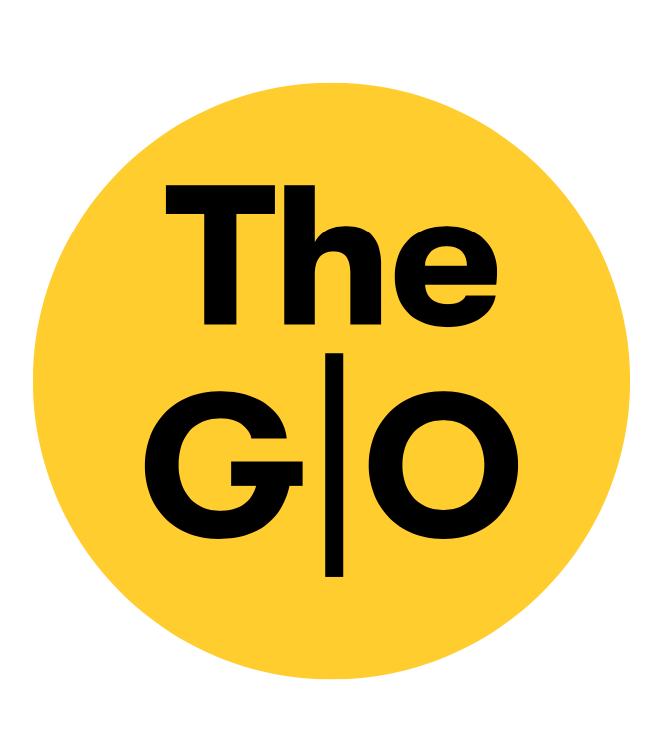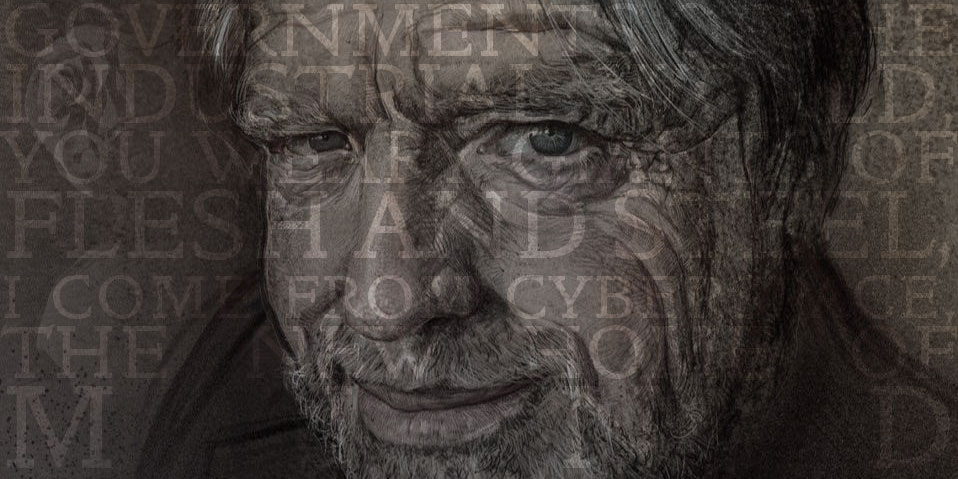Why What Happened at Open AI Doesn't Bode Well for the UN Global Digital Compact
Set aside for a moment the insufferable habit of our contemporaneous zeitgeist to create cult-life figures out of tech entrepreneurs. Not easy, I admit, when for a couple of days, Sam Altman and the OpenAI saga seemed to be all that mattered, eclipsing wars—and, of course, climate change—from our algorithmically fine-tuned social media feeds, front pages, and broadcasters’ leads. If you insist, then don’t think of Steve, Mark, or Elon, but consider instead the power the Valley’s stars have to deceive—you only have to look as far as crypto-emperor-sans-clothes Sam Bankman-Fried who, after hobnobbing with the mighty and powerful in short pants and sneakers, is now awaiting his sentencing and may spend the rest of his life in jail.
While the allure of Crypto Bros like Bankman-Fried may be on the wane, Artificial Intelligence is anything but. The now widely-shared analysis among Big Tech experts is that, for now at least, AI fundamentalists have won the great battle over the cautious ones in their project to develop artificial general intelligence (AGI, not to be confused with Generative AI), potentially the most disruptive technology invented since the atomic bomb, is truly bad news for the UN—and more broadly, all other efforts to regulate AI.
“The mission continues,” joyfully Xed the thirty-something Sam Altman, minutes after he had been hired by Microsoft—before getting his old job back just days later, under a more amenable board, purged of its more prudent elements.
the mission continues https://t.co/d1pHiFxcSe
— Sam Altman (@sama) November 20, 2023
It is high time that we all start understanding the intellectual underpinnings and societal and political vision of Silicon Valley's masters. Failure to do so puts us at risk of repeating what we have seen with the internet and social media. Spoiler alert: probing the ‘soul’ of the Valley can quickly become quite unsettling for those of us who believe in social progress and justice. At the very least, you quickly come to the inescapable realization that the UN Global Digital Compact—part of next year’s Summit of the Future, which aims to put together principles for an “open, free and secure digital future”—runs the risk of becoming another painful failure for the organization. In June of this year, speaking in this very city at the International Telecommunication Union’s ‘AI for Good Summit, Amandeep Singh Gill, Antonio Guterres’ new technology envoy, extolled the virtues and absolute necessity of addressing AI from a human-centered approach grounded in human rights. The annual summit itself is meant to be a platform to accelerate the implementation of the UN’s Sustainable Development Goals. Unfortunately, for some radical fundamentalist and their financial backers, both human rights and the SDGs are absolute abominations, and their defenders the “enemy”—a true quote.
The Anarcho-Libertarian Manifestos of the Tech Fundamentalists
The latest unadulterated expression of what Malcolm Harris calls the “Palo Alto System” in his book Palo Alto: A History of California, Capitalism and the World, which he describes as a violent, predatory, and exploitative kind of capitalism developed over 200 years and brought to absolute perfection by today’s masters of Big Tech, came very recently in ‘The Techno-Optimist Manifesto’ by Marc Andreessen, one of the Valley’s most admired, wealthiest, and influential venture capitalists. A personal note: In 1983 I welded my first modem to a luggable computer the size of a sewing machine (a year-end present to myself as a twenty-five-year-old freelance reporter in New York), which allowed me to connect to the bare-bones text-only era web invented at CERN by Tim Berners-Lee and Robert Cailliau. Ten years later, as a computer science university student, Andreessen and a college mate developed the first web browser. I have followed his career ever since.
Andreessen is now known for regularly posting lengthy thoughts on his corporate website. The passages in direct relation to the focus of this opinion piece are worth quoting at some length.
“We are being lied to,” Andreessen tells us in his opening sentence. He continues:
“We are told that technology takes our jobs, reduces our wages, increases inequality, threatens our health, ruins the environment, degrades our society, corrupts our children, impairs our humanity, threatens our future, and is ever on the verge of ruining everything.
We are told to be angry, bitter, and resentful about technology.
We are told to be pessimistic.
The myth of Prometheus—in various updated forms like Frankenstein, Oppenheimer, and Terminator—haunts our nightmares.
We are told to denounce our birthright—our intelligence, our control over nature, our ability to build a better world.
We are told to be miserable about the future.”
At the end of his manifesto, Andreessen names the liars, whom, in an angry Trumpian tone, he calls “the enemy:”
“We have enemies.
Our enemies are not bad people—but rather bad ideas.
Our present society has been subjected to a mass demoralization campaign for six decades—against technology and against life—under varying names like “existential risk,” “sustainability,” “ESG,” “Sustainable Development Goals,” “social responsibility,” “stakeholder capitalism,” “Precautionary Principle,” “trust and safety,” “tech ethics,” “risk management,” “de-growth,” “the limits of growth.”
This demoralization campaign is based on bad ideas of the past—zombie ideas, many derived from Communism, disastrous then and now—that have refused to die.
Our enemy is bureaucracy, vetocracy, gerontocracy, blind deference to tradition.
Our enemy is corruption, regulatory capture, monopolies, cartels.
Our enemy is institutions that in their youth were vital and energetic and truth-seeking but are now compromised and corroded and collapsing—blocking progress in increasingly desperate bids for continued relevance, frantically trying to justify their ongoing funding despite spiraling dysfunction and escalating ineptness.
Our enemy is the ivory tower, the know-it-all credentialed expert worldview, indulging in abstract theories, luxury beliefs, social engineering, disconnected from the real world, delusional, unelected, and unaccountable—playing God with everyone else’s lives, with total insulation from the consequences.”
Ur-libertarian pronouncements have been with us from the beginning of the web—once it was democratized thanks to the invention of the browser. (There are striking similarities between the early web and AI, forty years in the lab before being popularized by an interface.)
Related article:

“Governments of the Industrial World, you weary giants of flesh and steel, I come from Cyberspace, the new home of Mind. On behalf of the future, I ask you of the past to leave us alone. You are not welcome among us. You have no sovereignty where we gather,” wrote one-time songwriter for the Grateful Dead John Perry Barlow in 1997 in his own manifesto.

For the Valley’s tech titans, this has always been more than an economic project; it is a “political movement that sees the modern economy as corrupt and harmful […] In the spirit of their anarcho-libertarian heroes [they believe] that the ‘administrative state’ needs to be killed off. If they achieve their aims, by 2035 they will be leaving in a semi-stateless economic system, without any transparency,” writes Jonathan Taplin in his recent book, The End of Reality.
But you may have to go back to 1997 and read The Sovereign Individual to grasp the radical nature of their political project. Its authors—one of them Richard Rees-Mogg, father of UK parliamentarian Jacob—gleefully predict the rise of what they call a “cognitive elite” whose project is to operate outside political control.
“At the highest plateau of productivity, these Sovereign Individuals will compete and interact on terms that echo the relations among the gods in Greek myth […] The new Sovereign Individual will operate […] in the same physical environment as the ordinary, subject citizen, but in a separate realm politically. Commanding vastly greater resources and beyond the reach of many forms of compulsion, the Sovereign Individual will redesign governments and reconfigure economies in the new millennium.”
It may seem like Silicon Valley drama, but politics, not technology alone, are at stake in the AI battle between the fundamentalists and the reasonables that invaded the global conversation for a few days this week and which will, no doubt, continue to resonate.
-PHM


